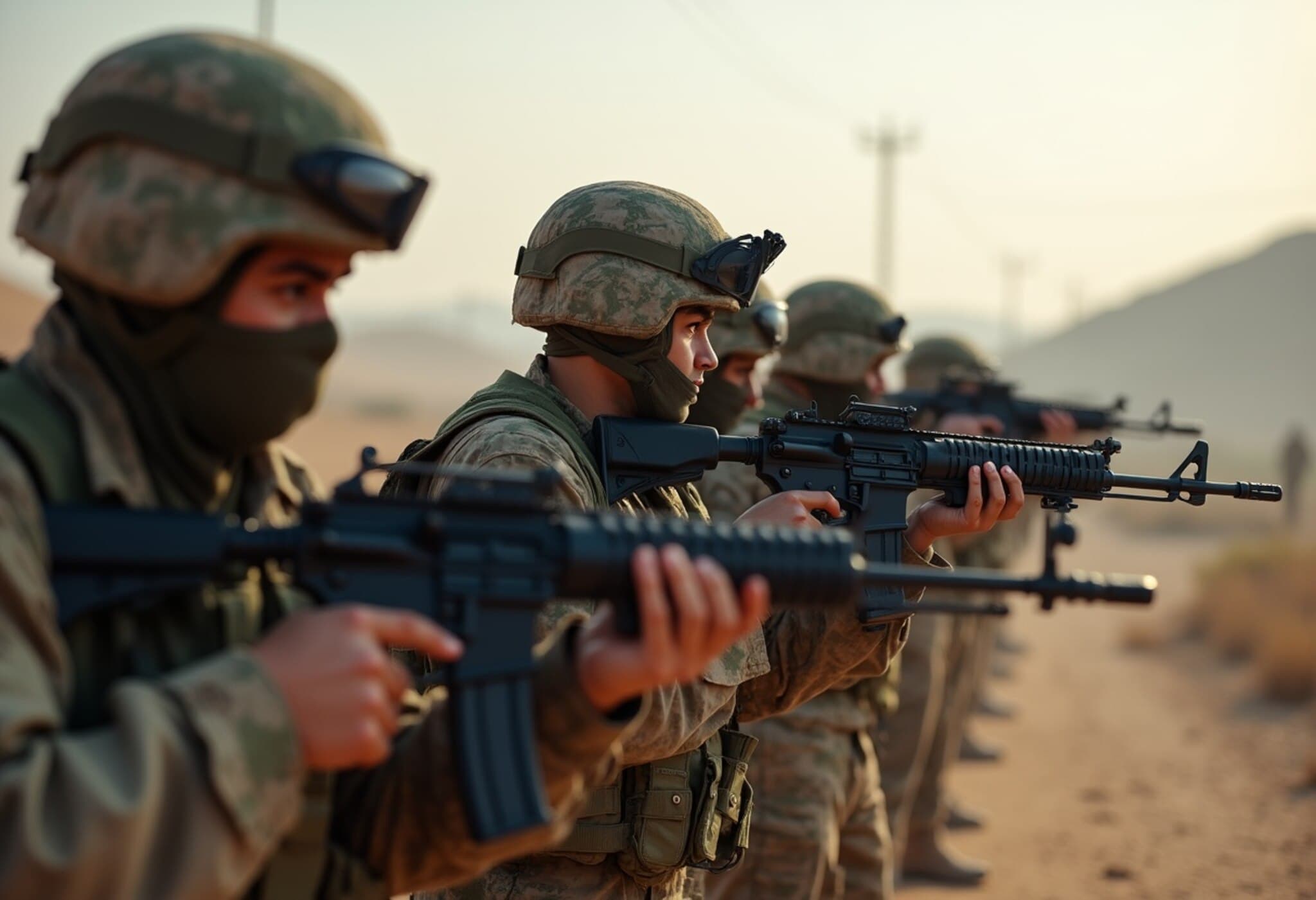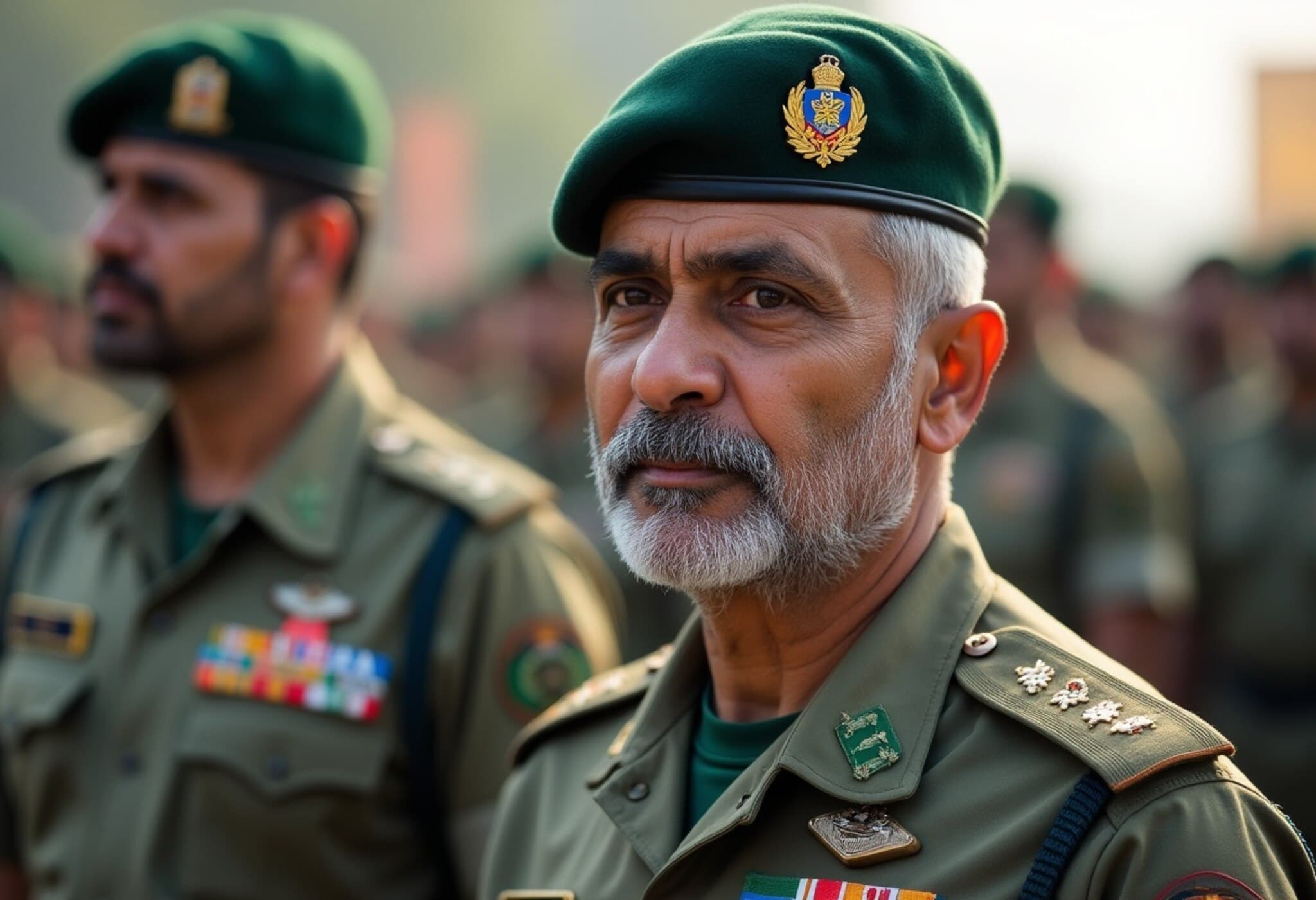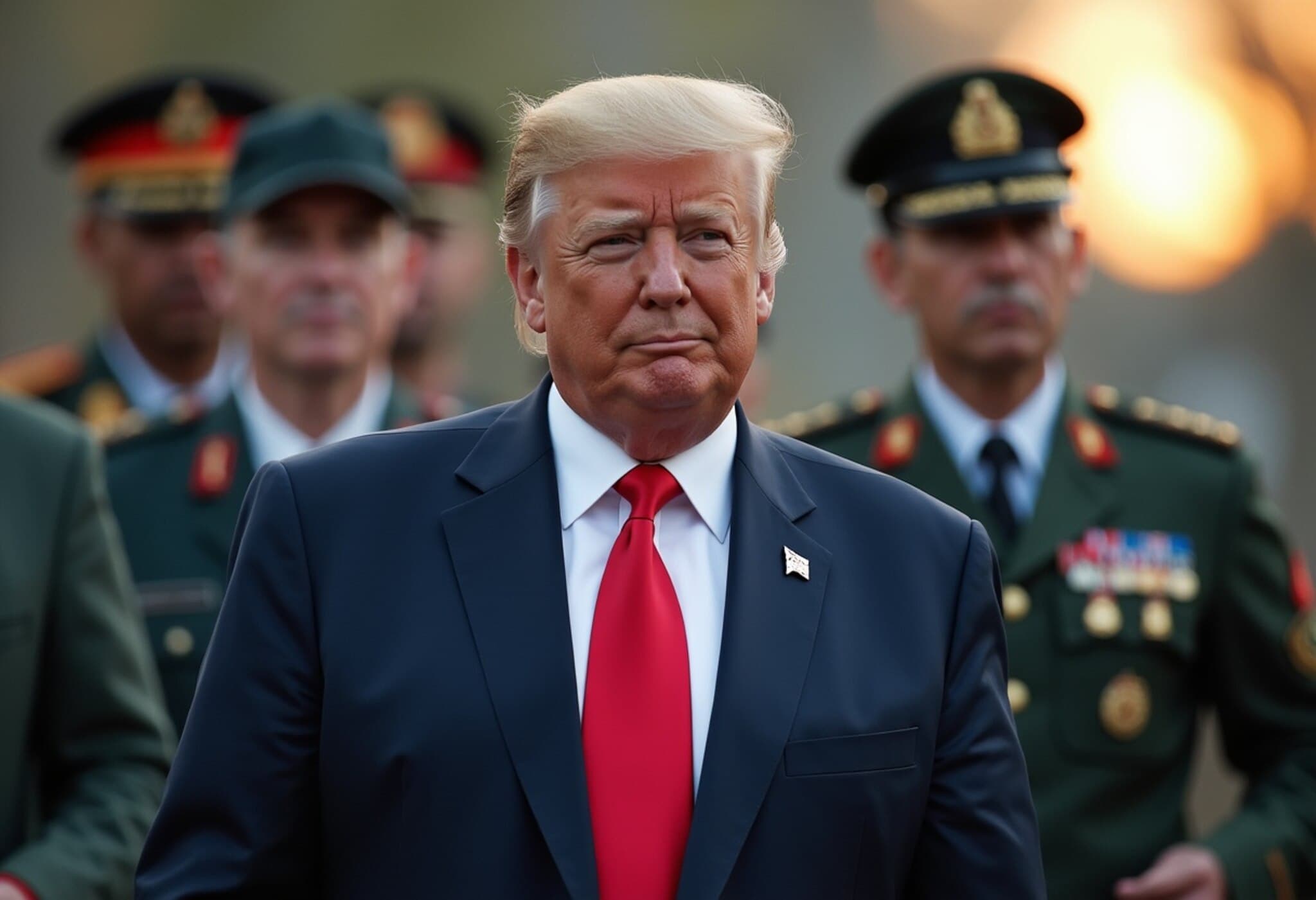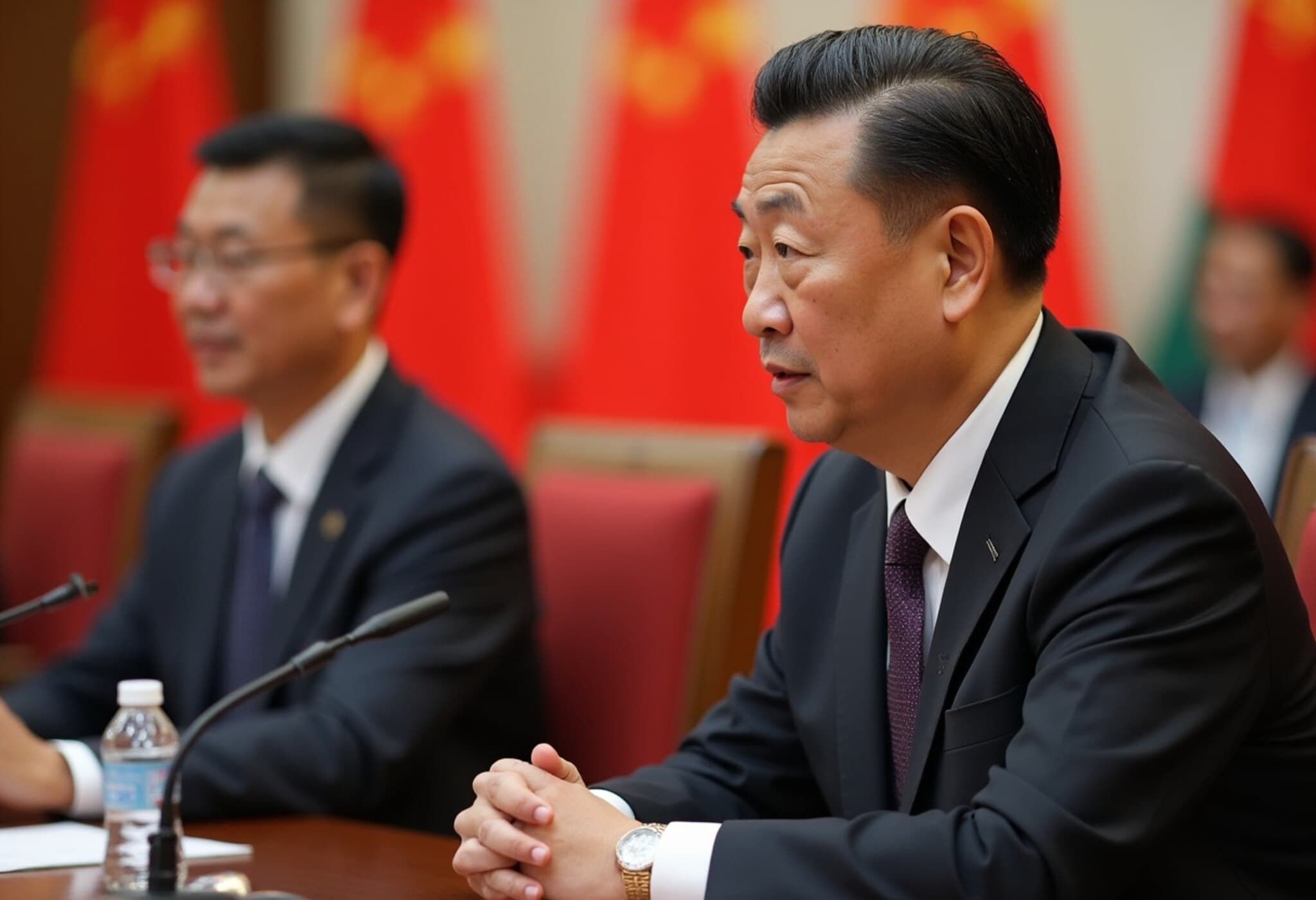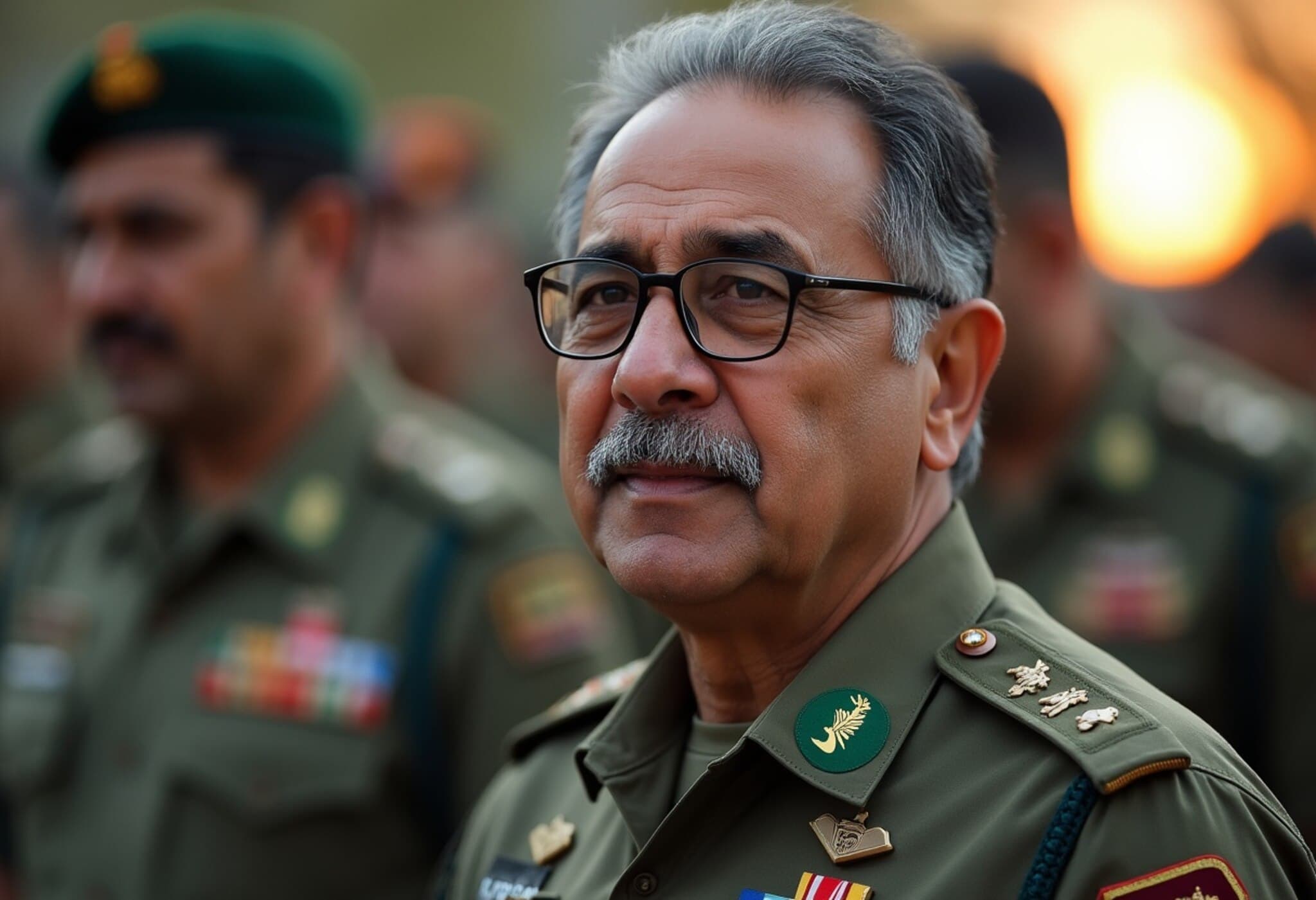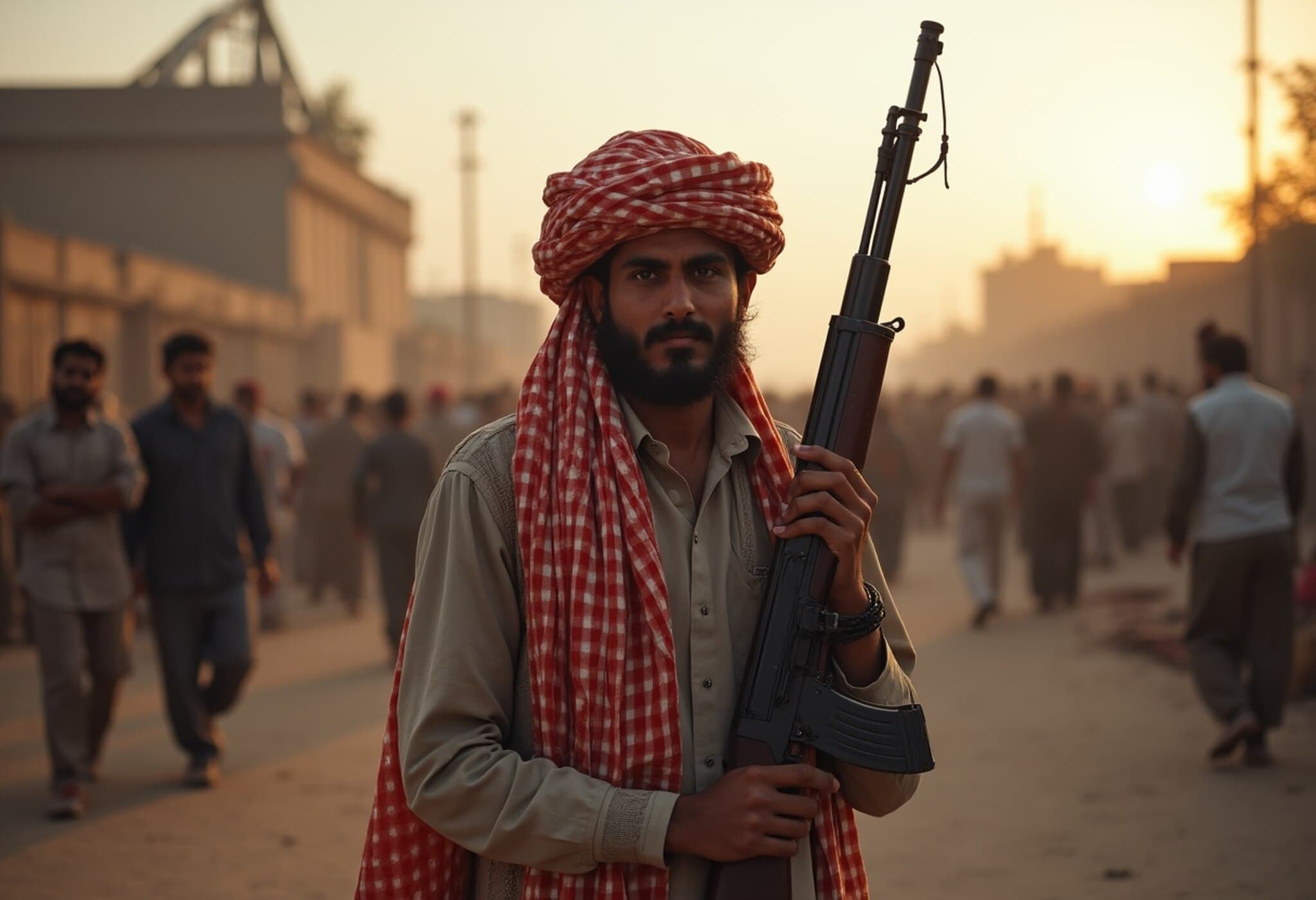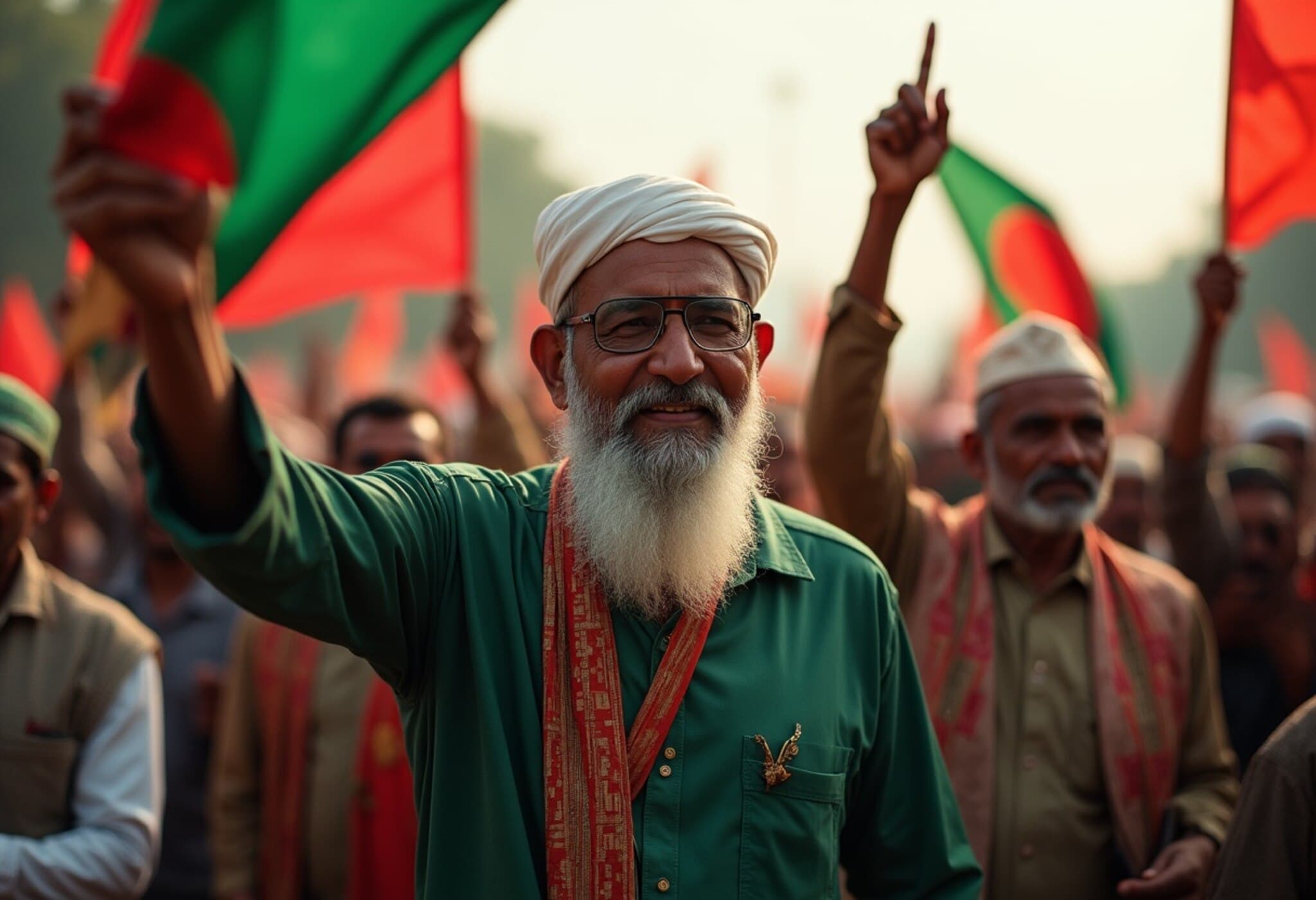Intense Counter-Terror Operation in Pakistan’s Khyber Pakhtunkhwa Claims Nine Militants
In a decisive move against militant groups, Pakistani security forces launched a rigorous counter-terrorism operation on Saturday in the Shinawari Zargari area of Hangu district, Khyber Pakhtunkhwa (KP) province. Official sources confirmed that nine terrorists were neutralized during this offensive, while three security personnel, including a major-rank army officer and two police officials, sustained injuries but are reported to be in stable condition.
Background and Tactical Developments
The operation was initiated following vital intelligence inputs signaling the presence of armed militants in the region. Deputy Inspector General of Police Abbas Majeed Marwat highlighted that security forces are continuing the full-scale operation to ensure the area is cleared and stabilized. The targeted region — known for its complex terrain — has historically posed challenges for law enforcement agencies, making such coordinated operations critical to regional security.
Significance Amid Regional Security Challenges
Khyber Pakhtunkhwa has long been a focal point in Pakistan’s ongoing efforts to curb extremist activities, often bordering volatile tribal areas. Operations like this one showcase the determined and collaborative stance of Pakistan’s military and police forces facing evolving threats. However, these confrontations also underscore the persistent risks to personnel on the ground—highlighting the sacrifices made to achieve these objectives.
Official Response and Human Element
Following the encounter, the injured officers were promptly moved to a nearby medical facility, where their conditions have stabilized. Federal Interior Minister Syed Mohsin Naqvi personally reached out to them, underscoring the high-level attention and commitment the government accords to the wellbeing of its security forces amid such perilous missions.
Expert Commentary: What This Means for Pakistan and Beyond
From a strategic viewpoint, this operation reflects Pakistan’s broader counter-terrorism framework that aims to dismantle militant footholds while attempting to restore normalcy in sensitive areas. Analysts note that while tactical successes like these are important, they must be coupled with comprehensive socio-economic initiatives to address the root causes of militancy, such as disenfranchisement and lack of development.
Moreover, the ongoing instability in regions like KP has implications beyond Pakistan’s borders, affecting security dynamics in South Asia and impacting U.S. and NATO interests, especially considering past military engagements in the Afghanistan-Pakistan border areas.
Looking Ahead: Challenges and Hope
- Operational Risks: The injury of a senior army officer underscores the high stakes local forces face in these missions.
- Intelligence Coordination: Effective intelligence remains critical to pre-empting militant regrouping.
- Community Engagement: Long-term peace depends on winning hearts and minds in these volatile areas.
- Regional Stability: Counter-terrorism success in KP contributes to broader South Asian security architecture.
As Pakistan continues to confront these challenges, spotlighting the bravery of its security personnel and fostering resilient local support will be essential in forging a path to enduring peace.

